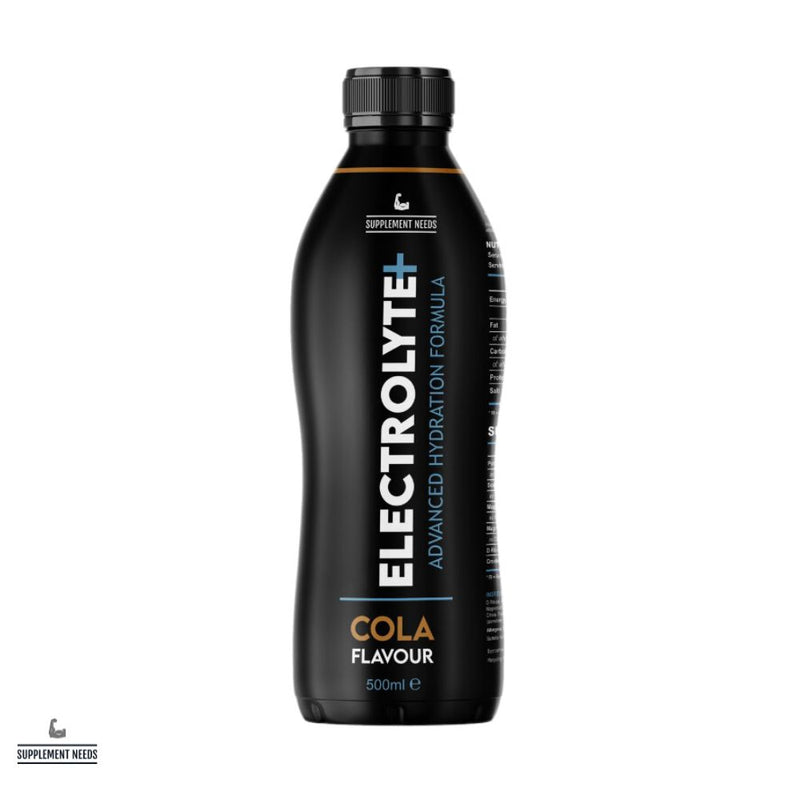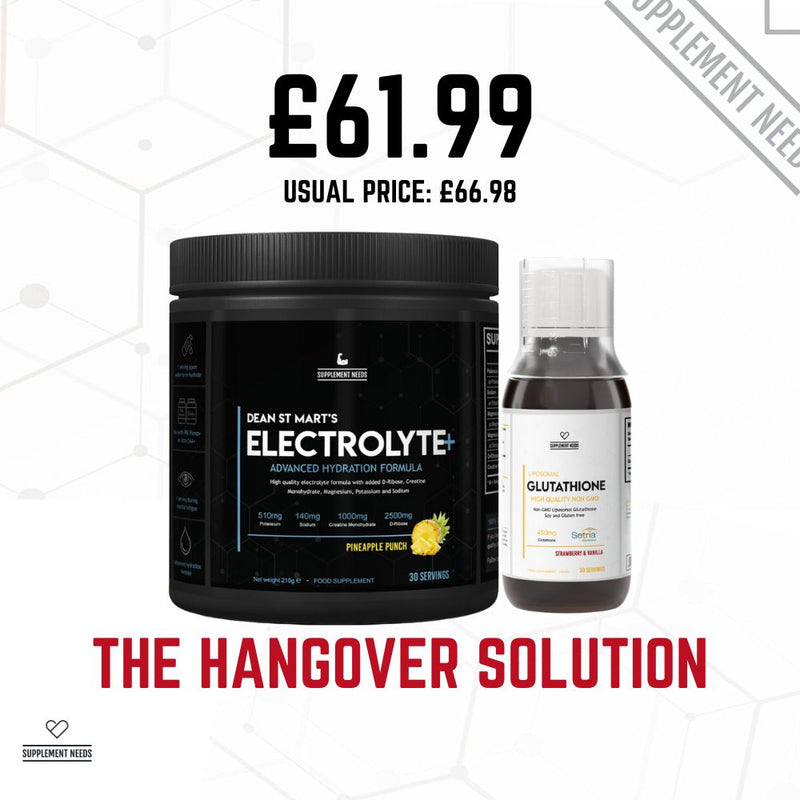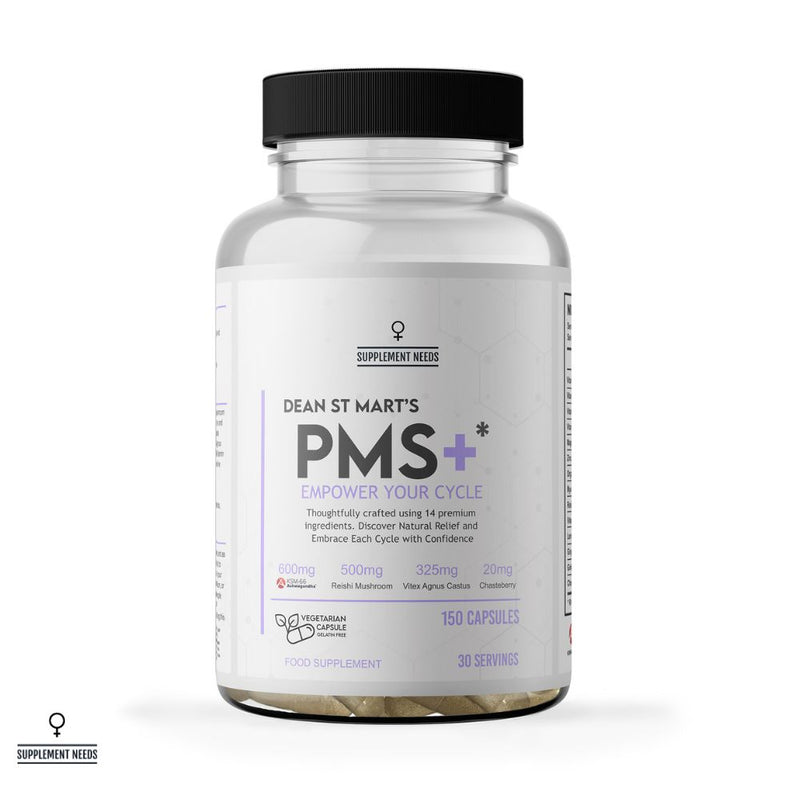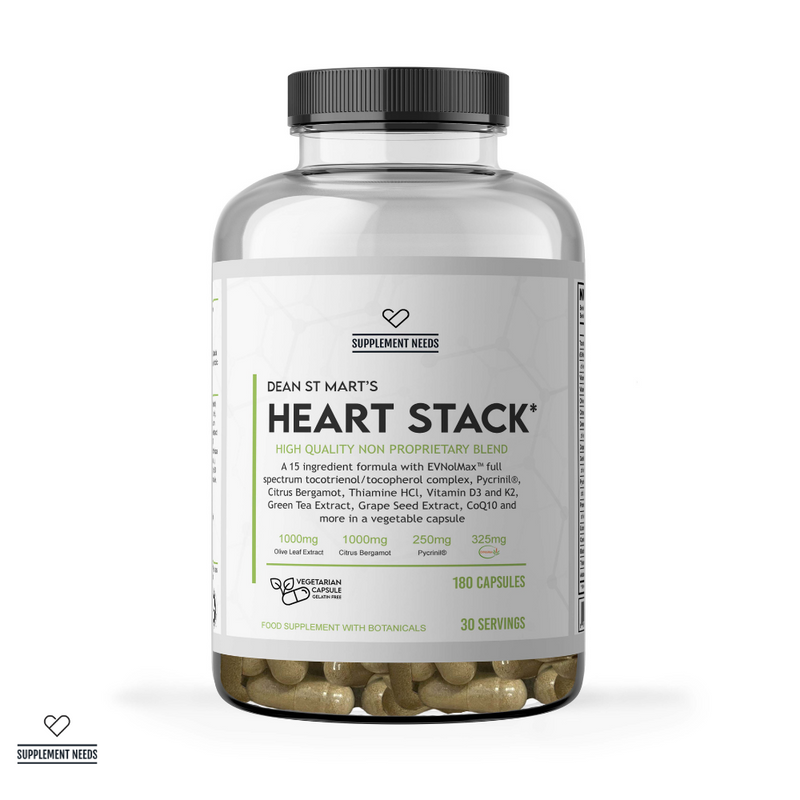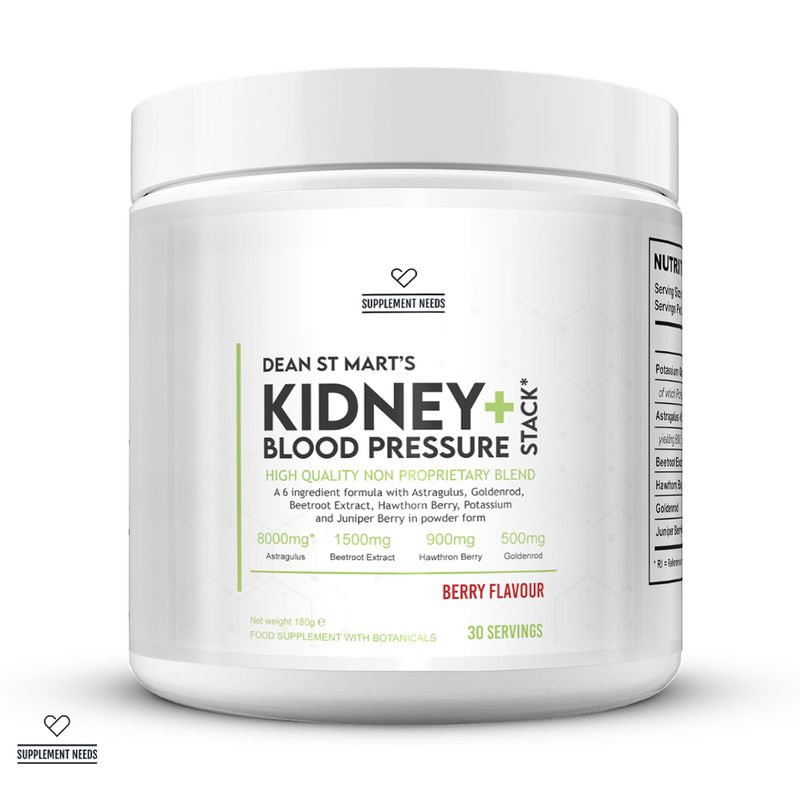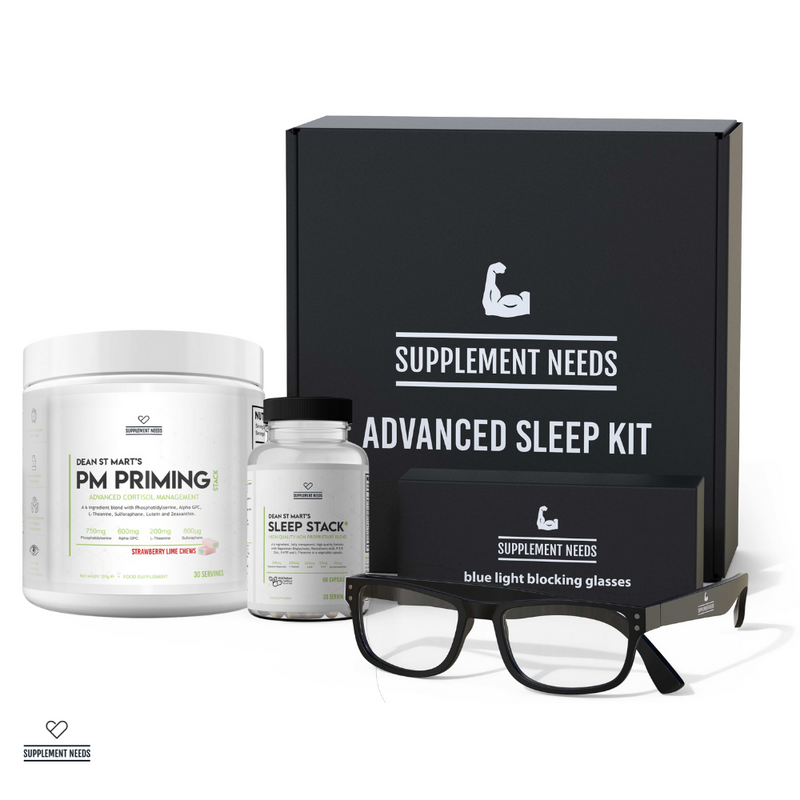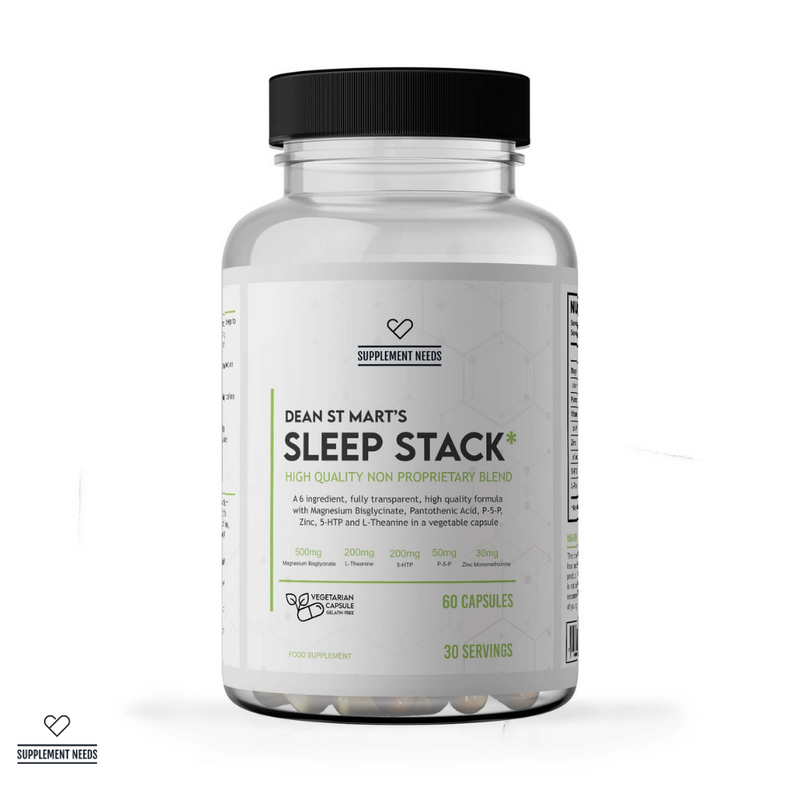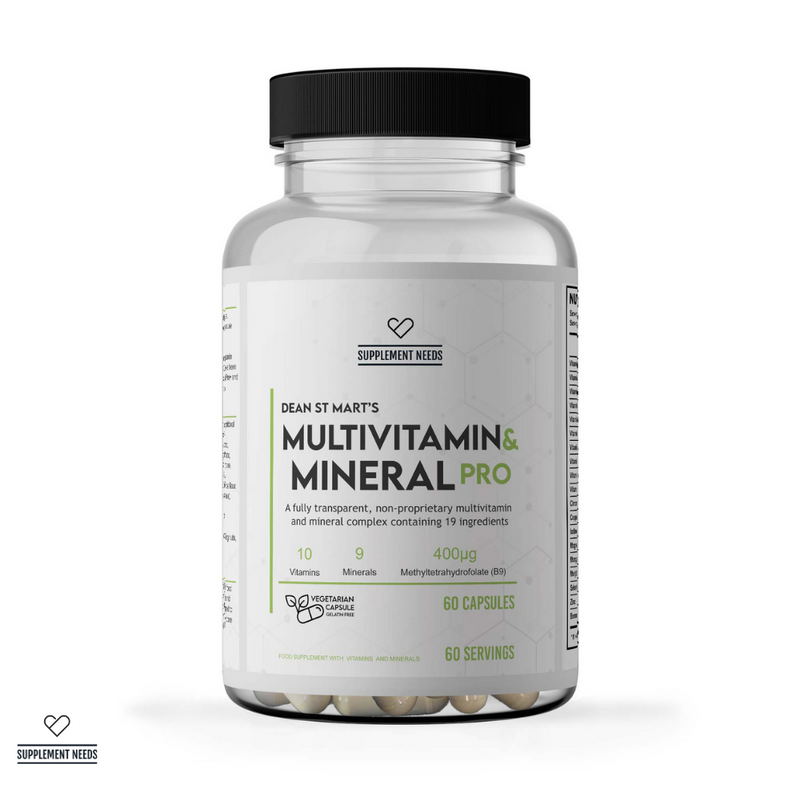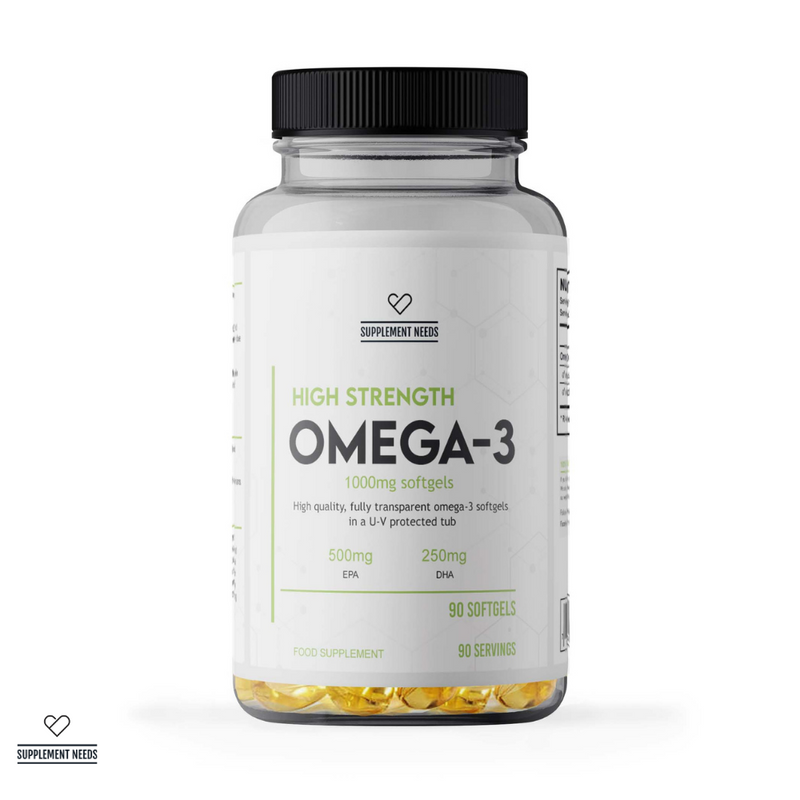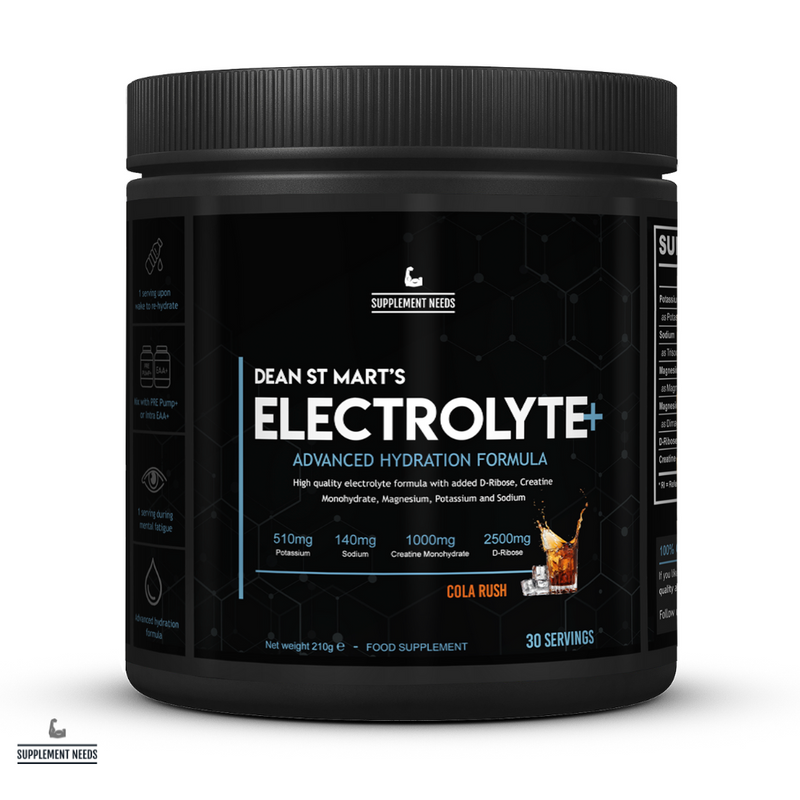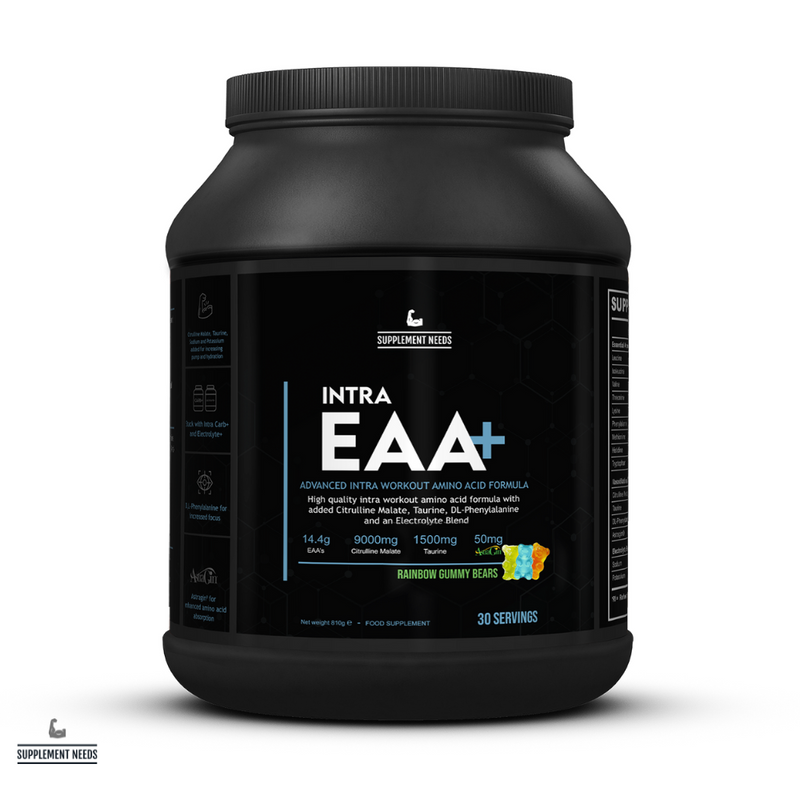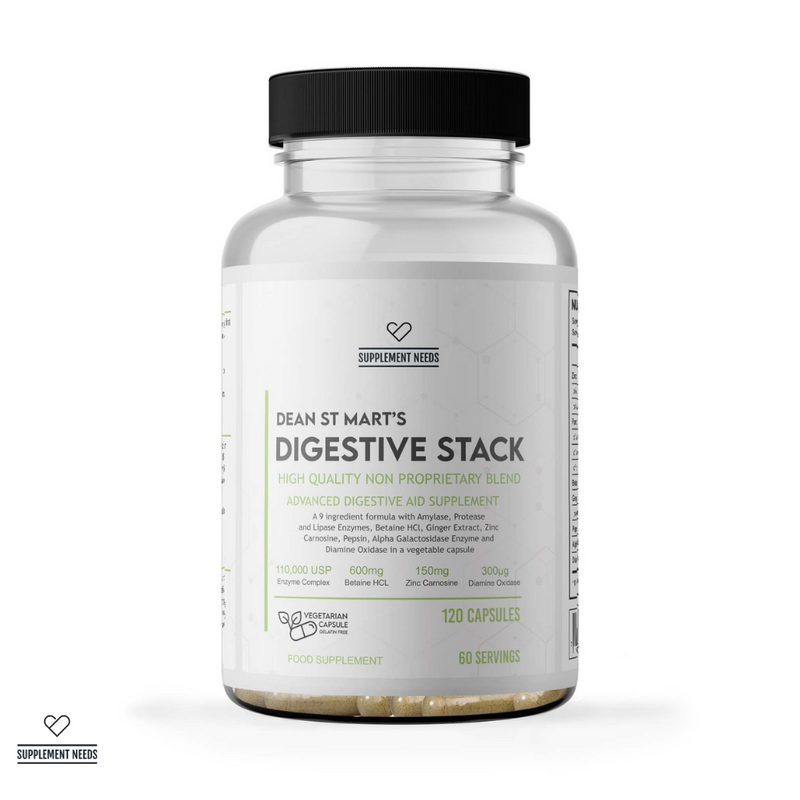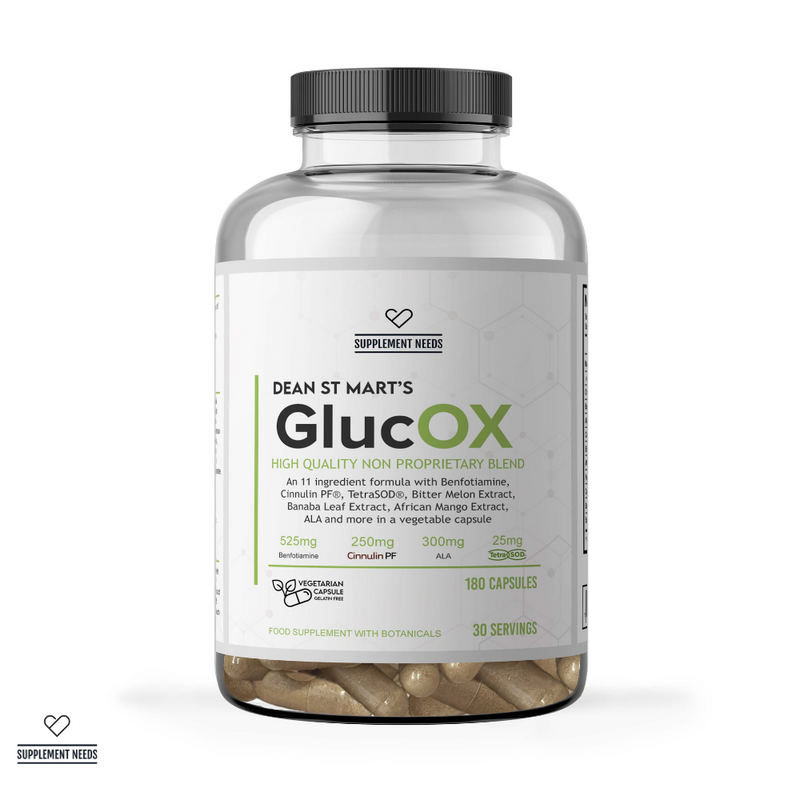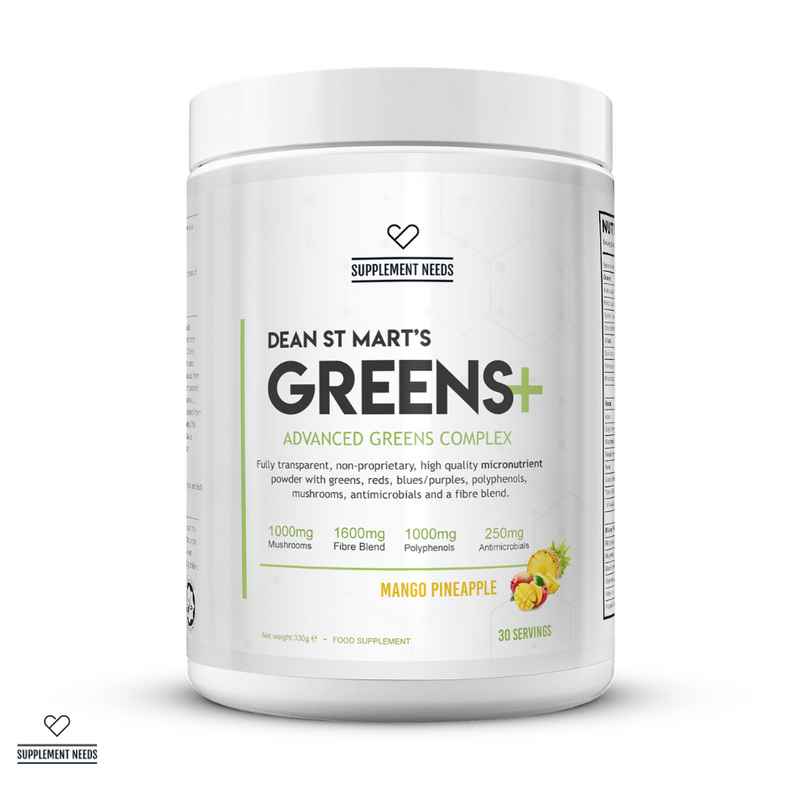Search the internet for the term ‘Ashwagandha’ and you’ll be inundated with news articles touting the benefits of this natural supplement.
In fact, recent years have seen a flurry of new Ashwagandha supplements arrive on the market. At the same time, the number of people adopting a vegan diet has increased significantly.
But, when it comes to buying an Ashwagandha supplement, it’s important to do your research first and ensure that what you’re buying is A) a quality and effective supplement and B) is actually vegan.
Ashwagandha is derived from an evergreen shrub - Withania Somnifera - which is found throughout India, parts of the Middle East, and certain regions of Africa.
It’s the roots of this shrub that are used to create Ashwagandha - however, as you’ll soon read, not all extracts are created equal!
The power of Ashwagandha lies in the fact it is an adaptogen - with studies indicating that it can contribute towards neuroprotective, anti-fatigue, antidepressant, anxiolytic, nootropic, and central nervous system stimulating activity.
Ashwagandha also contains withanolides - a group of steroidal lactones which can have a range of beneficial biological properties. Furthermore, Ashwagandha contains a series of alkaloids which are recognised to have anaesthetic, cardioprotective, and anti-inflammatory properties.
Is Ashwagandha suitable for vegans?
Unfortunately, a great deal of confusion abounds about whether Ashwagandha is actually vegan or not.
The truth is that Ashwagandha supplements can be vegan - but it depends on how they have been produced.
Historically, to obtain Ashwagandha required harvesting the root of Withania Somnifera, drying it, and then grinding it into a fine powder. It would then be steeped in milk to produce the end product. As a result, traditionally-prepared Ashwagandha is not vegan friendly.
Fortunately, however, a solution has been achieved for vegans.
Today, it’s possible to buy vegan-friendly Ashwagandha supplements. These modern supplements are produced by subjecting the root of Withania Somnifera to liquid/solid separation. This sees the root placed in a solvent (such as water), with the compounds of interest solubilised as a result. The solubilised compounds of interest are then separated from the solvent - resulting in a vegan-friendly form of Ashwagandha.
How to take Ashwagandha
Whilst it’s possible to buy Ashwagandha in a drinkable form (often described as ‘Moon Milk’), the most common and convenient method for taking Ashwagandha is in the form of a capsule.
Here at Supplement Needs, our Ashwagandha Organic Vegan KSM66 supplement takes the form of easily digestible capsules that are consumed orally. Our capsules are made from hypromellose - a type of cellulose which is vegan-friendly.
How long does Ashwagandha take to work?
As many people choose to take Ashwagandha for its association with alleviating stress, one of the most common questions is, “how long does Ashwagandha take to work?”
But, like many questions about supplements, there isn’t a single definitive answer.
How long it takes to feel the effects of Ashwagandha can vary radically depending on your individual health status, metabolism, diet, lifestyle and more.
Some studies suggest that it can take anywhere between 4 and 12 weeks of daily supplementation before results become noticeable.
How to buy the best Ashwagandha supplement
As we mentioned earlier, not all Ashwagandha supplements are created equal. If you want to ensure you buy the very best Ashwagandha, then check the following things:
- Extract - there are many different extracts of Ashwagandha on the market, with some having a greater evidence base than others. Cheaper extracts tend to be made from the leaves and roots of Withania Somnifera, whilst the best extracts will be made from the roots alone. The extract which has the most robust evidence base is KSM66. KSM66 has been subjected to 24 double-blind, randomised placebo controlled trials.
- Non-generic ingredients - related to the point above, you should ensure that your chosen supplement contains a non-generic version of Ashwagandha. Here at Supplement Needs we use the KSM66 extract which is produced by Ixoreal. Likewise, we also use BioPerine® which is manufactured by Sabinsa. This means you’re taking a supplement which contains genuinely efficacious ingredients.
- Withanolide dosage - as withanolides are responsible for many of the reported benefits of Ashwagandha, you should check that your chosen supplement contains an appropriate dose. The Supplement Needs Ashwagandha Organic Vegan KSM66 supplement contains 30 mg per single capsule serving of withanolides.
- Good Manufacturing Practices (GMP) - your chosen Ashwagandha supplement should have been manufactured in line with GMP standards. This ensures that the supplement is produced in a consistent and controlled manner, as per set quality standards. If a supplement can’t demonstrate that it’s been produced to GMP standards, walk away!
- R&D - the efficaciousness of supplements is dependent on how they have been formulated, with a suitable composition of ingredients, and correct doses of those ingredients. It’s not easy, which is why it’s incredibly important that your chosen Ashwagandha supplement has been developed by an expert. Here at Supplement Needs, our Ashwagandha Organic Vegan KSM66 supplement has been developed by Dr Dean St Mart PhD - who holds a double first honours degree in chemistry and pharmaceutical chemistry, as well as a PhD in synthetic organic chemistry and fluorescence spectroscopy. You’ll seriously struggle to find an Ashwagandha supplement that has a greater level of expertise behind it!
Supplement Needs’ Ashwagandha Organic Vegan KSM66 supplement ticks all of the above points and more. If you want to purchase the very best Ashwagandha supplement, you can stop searching now…
Ashwagandha buying guide
For more information on Ashwagandha, read Supplement Needs’ in-depth Ashwagandha buying guide now.
